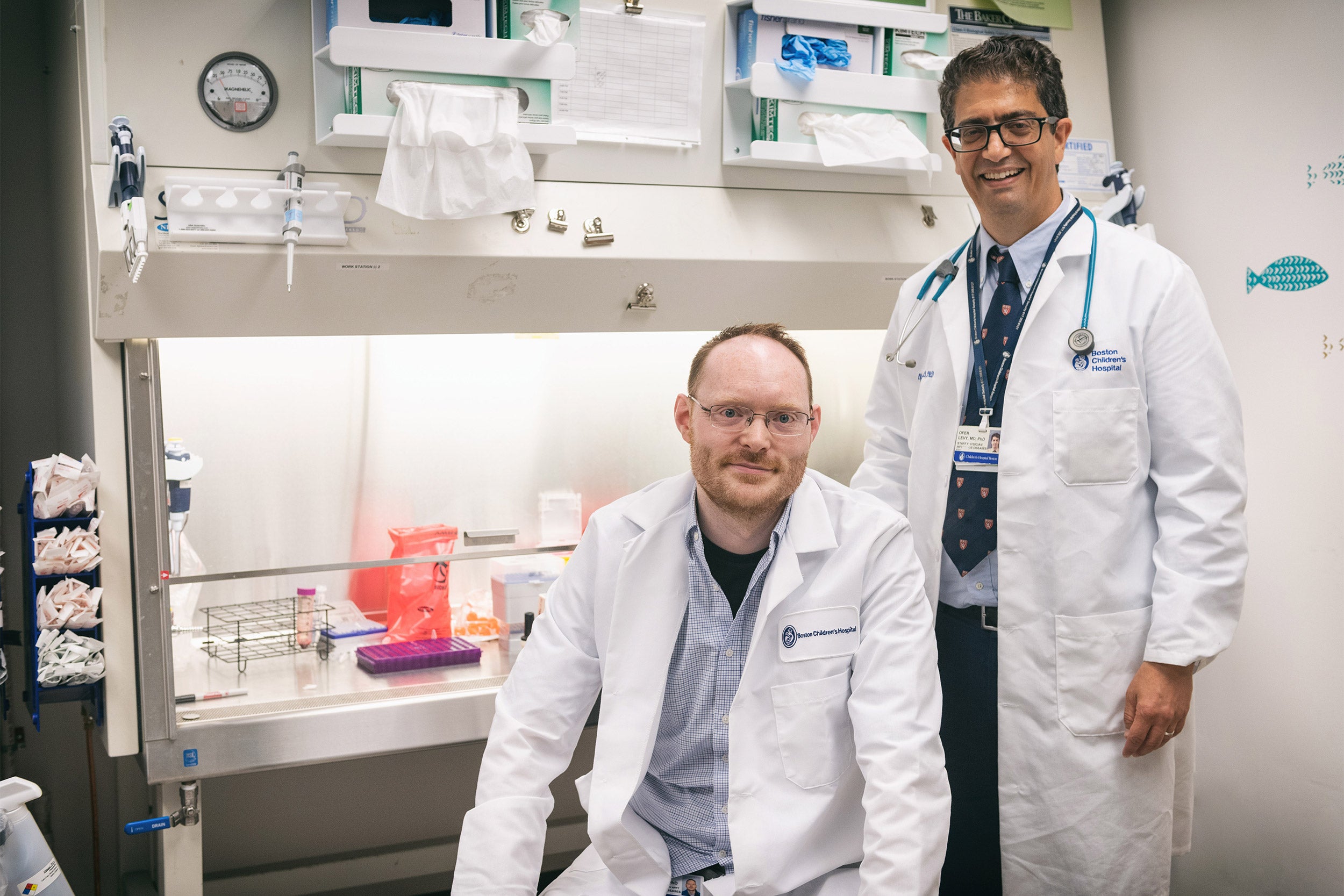


21, Johnson & Johnson noted that recipients of its booster reported fewer local and systemic side effects than participants in its Phase I/II study in January 2021.
#Covid vaccine insomnia trial#
In its Phase III drug trial data released on Sept. Local reactions increased slightly (from 71.7% after the second dose to 74.1% after the booster), and systemic reactions modestly declined (from 71.7% after the second dose to 69.2% after the booster). Of the 6,200 participants in the test who received three doses of Moderna, local reactions were more common after the booster than after the second dose (from 83.5% to 84.7%), and systemic reactions were less common (from 79% to 81.3%).Īmong the 6,300 three-time Pfizer dose recipients in the trial, a similar trend was reported. For most people, those side effects were fleeting, and mild or moderate in severity. The most common specific reactions were pain at the injection site (71%), fatigue (56%), and headache (43.4%). Meanwhile, nearly 70% reported systemic reactions like fever or loss of appetite, mostly on the day following their vaccination. 28 (excluding patients who received two doses of the J&J vaccine) show that 74.9% of people who received a third dose of the COVID-19 vaccine reported local reactions such as pain or swelling at the injection site. Underarm lymph node swelling is more likely to stem from the Pfizer booster than from the others, the FDA says.ĭrug trial data released on Sept. They include muscle and joint aches, swelling or soreness at the injection site, fatigue, headache, chills or fever, and swollen lymph nodes, according to Johns Hopkins Medicine. The side effects of boosters are similar across all three vaccine brands. Colorado, California, and New Mexico similarly allow all adults to get boosters. Dave Chokshi, said this Monday that all NYC adults are eligible for a booster shot, especially as the holiday season approaches. In the meantime, the commissioner of the NYC Department of Health and Mental Hygiene, Dr. Adults who received Pfizer-BioNTech or Moderna are eligible six months after their second dose if they are 65 or older, have an underlying health condition, or work or live in a high-risk environment.Īlthough the FDA and CDC have yet to approve booster eligibility for all adults, the answer could come before Thanksgiving. Johnson & Johnson vaccine recipients are eligible for a booster two months after their first dose. So far, more than 30 million people have received one. The topic is increasingly relevant as more people become eligible for booster shots.


 0 kommentar(er)
0 kommentar(er)
